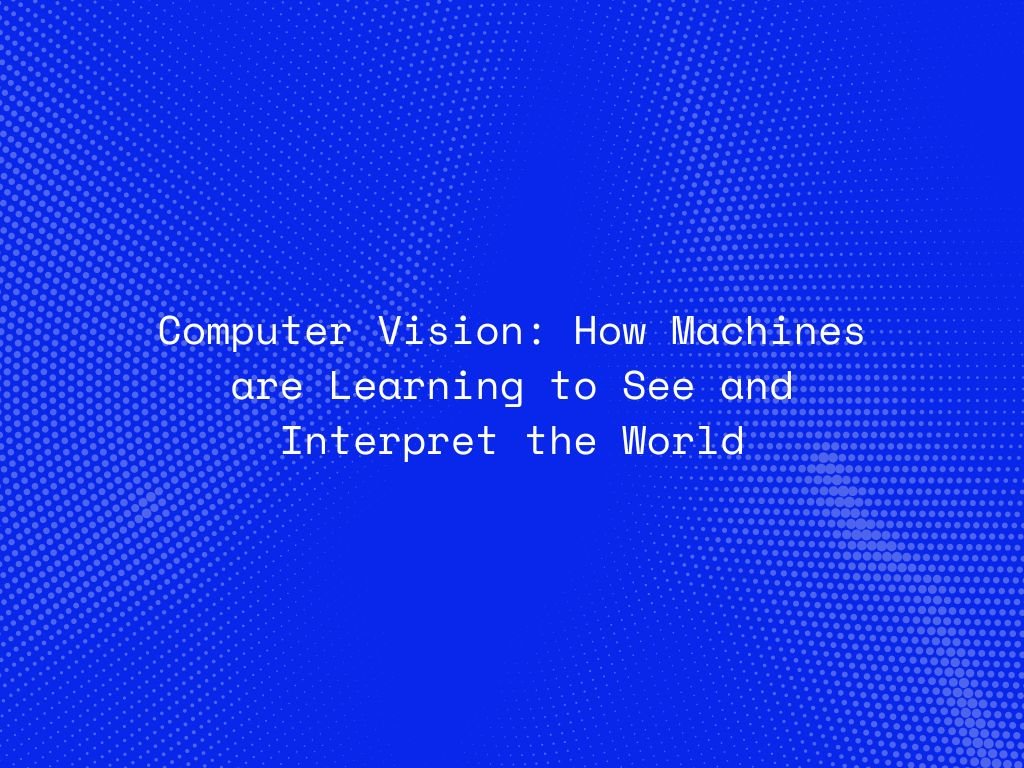Natural Language Processing (NLP)
The goal of natural language processing (NLP) is to create computer programs that can accurately and fluently understand, manipulate, and produce human languages. In essence, an NLP system fills the gap between computing power and human cognition.
Natural language processing (NLP) is a fundamental subset of artificial intelligence that is widely used in a variety of contexts, from sentiment analysis and automatic summarization to conversational agents like chatbots and virtual assistants. Neural networks, rule-based processing, and statistical modeling are common approaches used in NLP.
Because of the inherent complexity and variance seen in all languages, handling linguistic nuances continues to be one of NLP’s most difficult problems. Because every language has unique lexicons, semantic norms, and grammatical structures, complicated algorithms are required to handle these intricacies.
Especially, natural language processing (NLP) has the potential to completely transform a number of industries, such as healthcare, finance, retail, and education. Applications range from autonomously assessing student essays to identifying fraudulent transactions, identifying significant insights from electronic health records, and making product recommendations based on user preferences.
Considering how quickly NLP is developing, we should expect more creative applications across a range of industries. Text message accessibility to mental health services and easier cross-border e-commerce are only two examples of how NLP has the potential to unleash previously unimaginable opportunities for humanity.



